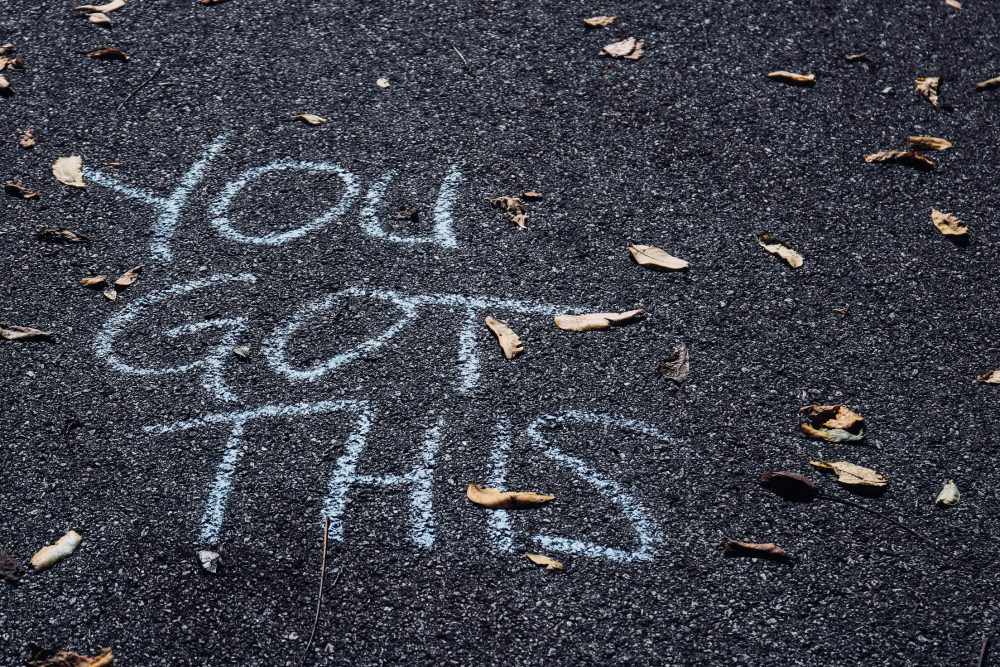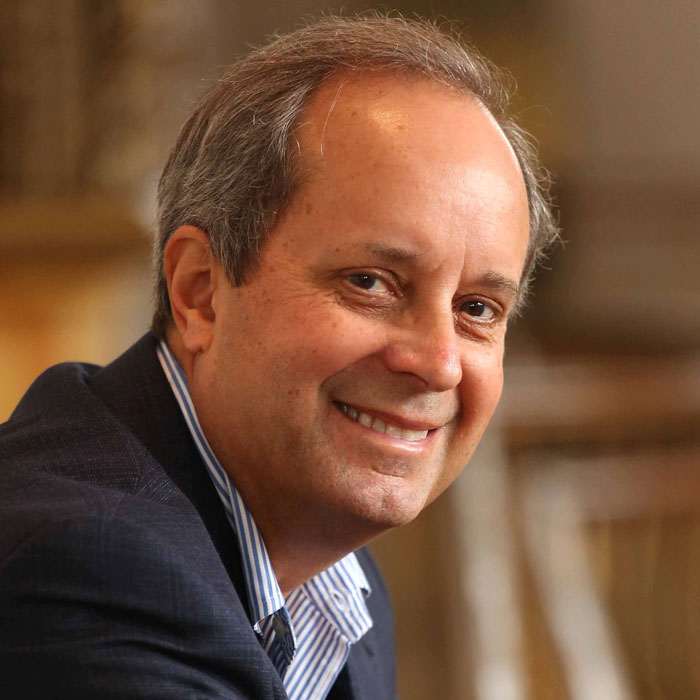Boston bombings show Americans’ generosity; opportunity for wise investments
My usual bike ride route into work goes directly past the White House. But in the aftermath of the Boston Marathon bombings, Pennsylvania Avenue was closed off as a result of heightened security and I needed to find a different course. Last week as I pedaled closer to the White House, I assumed my route […]
My usual bike ride route into work goes directly past the White House. But in the aftermath of the Boston Marathon bombings, Pennsylvania Avenue was closed off as a result of heightened security and I needed to find a different course.
Last week as I pedaled closer to the White House, I assumed my route would be reopened, but it was still shut off, and extra security staff was still in place. My thoughts drifted to a discussion I heard on a news show about the capture of the second Boston bomber. One commentator noted the remarkable resilience of Boston area residents and the fact they seemed to have quickly gotten back to normal. Another commentator quickly shot back: “This wasn’t resilience, this was defiance.”
Terror and tragedy and disasters were very much on the minds of all Americans as we came to realize that our lives may be back to normal in some respects but are also inalterably changed by disasters. What should be our collective response to disasters and tragedies?
Here at CDP we like the term resilience and its meaning of rebounding against whatever the odds. But to some the word resilience sounds passive– more like enduring or accepting. The word defiance more closely fits with our American image of self-reliance, independence and strength of character. Most Americans feel better when they do something in times of disaster. In our social media oriented world, we are fast to share news on Twitter and check in with friends and family on Facebook and email to make sure they are ok, or just get their views on the events that took place. After that initial shock sets in, we do even more such as volunteer, donate money or send gifts.
After the bombings, the CDP team was on the phone with donors who were considering giving to Boston’s One Fund, established by the Massachusetts Governor Deval Patrick and Boston Mayor Thomas Menino in response to the tragedy.
We counseled them to use this money wisely and patiently, reminding them that donors needs will be unfolding for many weeks and months to come. And while we want to be defiant, the truth is that tragedies like the one in Boston have psychosocial long-term impacts. Imagine the emotions of the man who lifted up his boat cover to find the second alleged bomber cowering, bleeding. And the thousands of school children who could not go to school and were on lockdown with their worried families for the entire day. The emotional distress of event such as these can take months and years to dissipate, and sadly for some, it never does.
As always CDP was on standby for the media. Several reporters called to ask about good practices for special funds and we urged that those establishing funds put special emphasis on transparency and accountability as well as the medium- and long-term needs of survivors and affected communities. Most importantly, organizers of these funds need to answer this simple but important question: why is this fund being set up and how will the money be used?
Last Thursday afternoon we had well over 100 participants for a CDP-hosted webinar that included two prominent donor leaders active in the Hurricane Sandy recovery effort, Ronna Brown from Philanthropy New York and Nina Stack from the Council on New Jersey Grantmakers. Both told amazing stories of what their organizations did, but sobered us as well by outlining how much work still lies ahead.
It was a demanding week for us at the Center for Disaster Philanthropy and left us thinking about the role we can play. Perhaps our biggest contribution can be to help society acknowledge that disasters and tragedies are an inevitable part of our life. Fortunately, America’s generosity is amazing and admirable. But sudden outpourings of money and volunteer time can lead to duplication and inefficiency, if not invested wisely. With demands for charitable supporting increasing, donors need to not only be generous but also make sure their money has maximum impact.
In today’s world we know more about disasters, natural and manmade alike, and owing to the speed of the media, more quickly than ever. Planning and preparation can help to soften the blows and reduce recovery time. Prevention can help to reduce the impact, particularly in the number of acts of terror. But disasters and tragedies will happen despite our best efforts. In the end we’ll need to rely not only on defiance and determination to push back against whatever the odds but also be resilient to absorb whatever life sends our way and bounce back with the help of our friends.
More like this
Reflections on the 2013 Boston Marathon Tragedy

